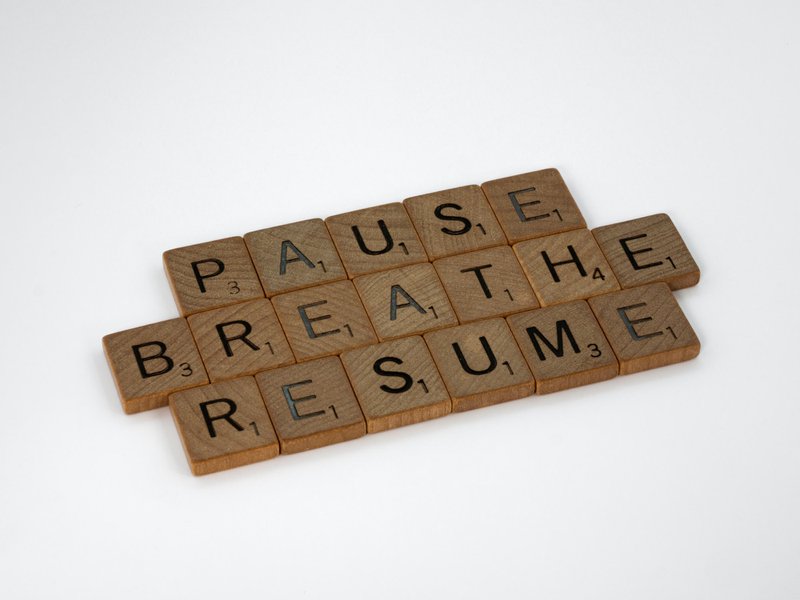Simple misunderstandings ruin a lot of relationships
Over the years, I’ve noticed that a lot of relationships that end in acrimony could have easily been salvaged. The one thing they all seem to have in common is that a simple misunderstanding ended up exploding the relationship.
In this day and age, when communication is so complex and complicated, it’s easier than ever for misunderstandings to arise. If we jump to conclusions and assume that someone has been rude or dismissive or hostile toward us, and then we respond back with anger, it’s easy for the relationship to collapse.
When I look at social media, it seems that many of us have a habit of making assumptions based on what we have heard or read from someone else. We read the text or the email; we hear something on the phone, and we automatically assume that we have been slighted in some way.
But what if it’s all just a simple misunderstanding? How many otherwise good relationships have been destroyed over something as simple as a lack of clarity in terms of what was actually being expressed?

We jump to conclusions about things we read in texts
For example, when we receive a text, it’s often hard to interpret the tone. If we make an assumption that the tone is negative and then we shoot off a retaliatory text, we risk making the person on the receiving end feel confused and upset.
If they look at our text and become angry because they don’t understand why our response was so hostile or sarcastic, they could then send us a text that reflects their confusion and anger. You could see how things could spiral out of control.
Perfectly good romantic relationships could be destroyed by such a text volley. Jobs could be lost; friendships could die a sudden, unnecessary death.

Instead of making assumptions we need to clarify
Instead of having a knee-jerk reaction, what people needed to do is to notice their feelings and to ask themselves one important question: “am I sure that this person meant to offend me?”
If we are not 100% certain that the other person intended offense, what we need to do is clarify. Let me give an example:
Thinking about texting, imagine if you were the person on the receiving end of the first confusing text and if you stopped and asked yourself that one important question about the intention to cause offense.
Imagine that you could not say with 100% certainty that the person who sent the text intended to offend you. Then imagine if instead of jumping to conclusions, you ask for clarity.
Imagine if you stopped and considered the possibility that the other person didn’t mean to offend you. Imagine if you sent a text back, or even better, made a phone call to check on what the other person actually meant to say in the first place.

Relationships can be saved by taking a pause before acting
The whole issue could have been quickly and easily resolved and the relationship could have been salvaged. It’s that simple.
And that’s why it’s so sad when we jump to conclusions and make assumptions. When the solution is so readily available, it’s tragic to lose a relationship over a silly misunderstanding.
In this world of instant everything, we need to build in pauses. We need to stop and tune in to ourselves when something bothers us or upsets us.
We need to ask ourselves if we’re 100% sure about what’s going on or if we need clarification. In my experience, the vast majority of the time we need to seek clarification.
It’s very simple to ask for clarification. This is what you can say: “I got your text but I wasn’t sure what you meant by it. Could you please explain.”
Or, “in our last conversation, you said something that I’m not sure I understood. Could you please explain.”

Clarification involves asking and listening
And then, you need to listen to the other person’s answer. And you need to keep seeking clarification in a polite and neutral manner until you’re sure that you understand what they meant.
One of the advantages of seeking clarification, as opposed to jumping to conclusions, is that the other person is not likely to go on the defensive when you ask a simple question like that. They’re more likely to just answer your question. Imagine how many relationships could be saved if we all did this.
The moral of the story is that tuning in to our feelings and noticing when we feel upset or hurt is very important because it will prevent us from making dangerous assumptions.
Taking the time to notice our feelings and then to ask ourselves what we think just happened is the first step in preventing tragic misunderstandings.
Seeking clarity is the next and equally crucial step in salvaging our relationships. When we ask for clarification we prevent hurt feelings and are able to maintain healthy, long-lasting personal and professional interactions. Isn’t that what everybody wants?
______
Sign up here for my free biweekly wellness newsletter that brings you fresh, thought-provoking content.
Subscribe to my YouTube Channel where you’ll learn simple tips for taking the best care of yourself and your loved ones.
Tune in to my Ruthless Compassion Podcast where I go in-depth about topics like mental health, trauma, and loneliness.



